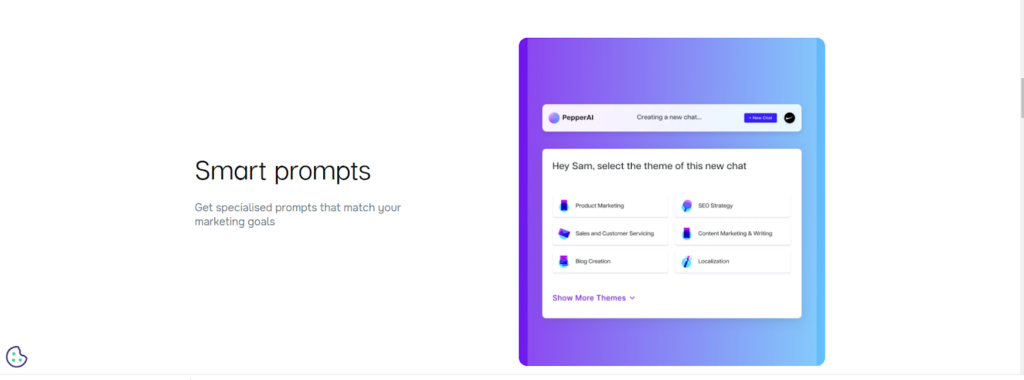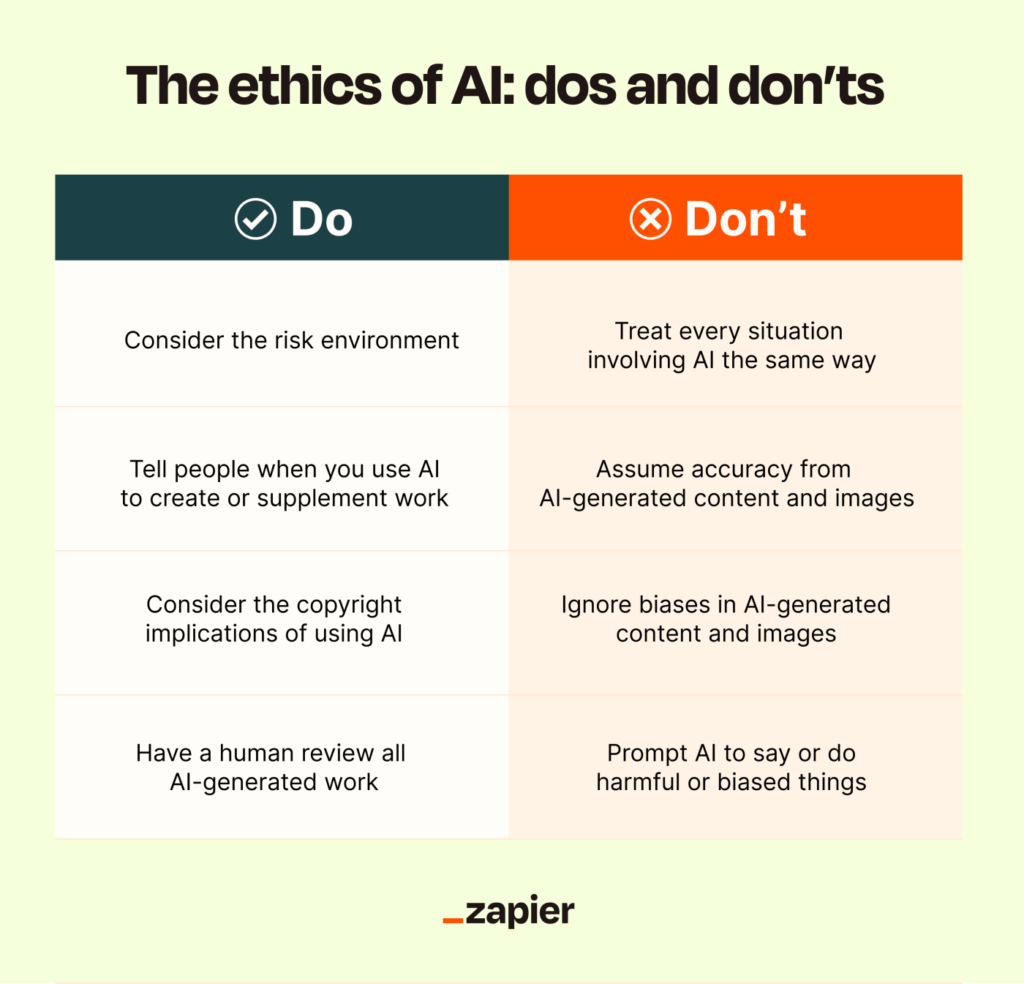Writing Challenge: Producing an AI-written Book In 7 Days

Did you know it took J.R.R. Tolkien a staggering 16 years to complete the ‘The Lord of the Rings’ trilogy?
Writing a book has often been perceived as a time-consuming and laborious task. However, with the advent of Artificial Intelligence (AI), the landscape of authorship has experienced quite a shift.
In this fast-paced digital age, where time is a precious commodity, AI has emerged as a game-changer. With the assistance of AI technologies, it is now possible to embark on the journey to write a book with AI in just seven days.
Yes, you read that correctly—seven days! This groundbreaking approach combines human creativity with the power of AI to streamline the writing process like never before.
So, whether you’re a seasoned writer looking to enhance your productivity or a budding author with limited time to spare, join us on this remarkable journey as we uncover the possibilities that AI brings to the realm of writing.
7-Day Plan: How to Write a Book Using AI
Day 1: Idea Generation and Outlining
In this crucial first step, leverage the power of AI to kickstart your creativity. Explore AI-powered idea-generation tools that can provide fresh perspectives and inspire unique story concepts. Brainstorm a range of potential book ideas and select the one that truly excites you, aligning with your passion.
Once you’ve chosen your idea, create a rough outline with crucial plot points and character arcs. This process sets the foundation for your AI-written books, allowing you to visualize the trajectory of your story and establish a roadmap for the writing journey ahead.
- Explore AI-powered idea-generation tools to spark creativity.
- Brainstorm potential book ideas and choose one that excites you.
- Create a rough outline of your book written by AI, including crucial plot points and character arcs.
Day 2: Character Development
AI can assist in character development by offering prompts and suggestions for personality traits, backstories, and motivations. By collaborating with AI, you can explore a wide range of possibilities and uncover hidden depths for your characters. AI algorithms can generate insights and ideas that you may not even have considered before.

- Utilize AI writing assistants to develop your main characters.
- Define their personalities, backgrounds, and motivations.
- Use AI-generated prompts and suggestions to add depth to your characters.
Day 3: Plot Construction
AI can assist in plot construction by generating plot twists, suggesting unexpected events, and helping you maintain a cohesive narrative flow. By collaborating with AI, you can unlock new ideas, and explore alternative storylines.
Example of an AI-generated plot twist:
‘A struggling detective, haunted by a past failure, discovers that the main suspect in a high-profile murder case is their long-lost sibling. As they delve deeper into the investigation, they unravel a web of family secrets that challenge their sense of justice and loyalty.’
- Collaborate with AI to create an engaging story structure.
- Generate plot twists and unexpected events with the help of AI algorithms.
- Refine your outline, ensuring a cohesive and compelling narrative.
Day 4: Writing and AI Assistance
As you embark on your AI-written book, AI can provide real-time suggestions, grammar corrections, and word choices to enhance your writing flow. When faced with writer’s block, AI-generated prompts and ideas can help spark inspiration. You can refine your prose, improve coherence, and ultimately create a polished manuscript that resonates with readers.
- Begin writing your book, chapter by chapter.
- Use AI writing assistants to enhance your writing flow and overcome writer’s block.
- Incorporate AI-generated suggestions and prompts into your writing process.
Day 5: Editing and Refining
AI-powered proofreading tools can be invaluable in the editing process. They can quickly identify and correct grammar, spelling, and punctuation errors ensuring your manuscript is polished and professional. What’s more! AI can provide objective feedback on pacing, and sentence structure, helping you fine-tune your writing to engage readers.
- Utilize AI-powered proofreading tools to identify and correct errors.
- Review and revise your writing for clarity and coherence.
- Seek AI feedback on pacing, sentence structure, and overall readability.

Day 6: Fine-tuning with AI
Collaborating with AI allows you to refine your manuscript’s style and tone. By experimenting with different AI language models, you can explore various voices and find the one that aligns with your vision. AI-generated suggestions can assist in enhancing descriptive language and dialogue. It can provide fresh perspectives and help you create vivid scenes that captivate readers.
- Collaborate with AI to refine your manuscript’s style and tone.
- Experiment with different AI language models to find the desired voice.
- Seek AI-generated suggestions for improving descriptive language and dialogue.
Day 7: Finalizing and Polishing
Use AI to assist in completing the remaining chapters, ensuring consistency and coherence throughout. Incorporate AI-generated suggestions during the self-editing process to refine your writing further.
AI can provide objective feedback and help you identify areas for improvement. Give your manuscript a final review, make necessary adjustments, and prepare it for the next steps on your journey to publication.
- Complete the remaining chapters of your AI-written book.
- Conduct a thorough self-editing process, incorporating AI suggestions.
- Give your manuscript a final review and prepare it for the next steps (e.g., beta readers, publishing).
Throughout the 7-day plan:
- Stay organized by setting daily writing goals and tracking your progress.
- Embrace the collaborative nature of AI, using it as a writing partner rather than relying solely on its suggestions.
- Engage in regular breaks and self-care activities to maintain focus and creativity.
- Join writing communities or seek feedback from trusted individuals to enhance your writing further.
Remember, this 7-day plan is designed to provide a structured framework for writing a book with AI. Adjust and adapt it according to your individual preferences, writing style, and the specific AI tools you choose to utilize. Enjoy the journey of your AI-written book and let AI technology empower your creativity and productivity.
Navigating Ethical Considerations in AI-Assisted Writing and Publishing

As we embrace the integration of AI in the realm of writing, you must address the ethical implications associated with its use. This section explores key ethical considerations for maintaining integrity and transparency in AI-assisted authorship.
- Ensuring originality and avoiding plagiarism concerns
Maintaining the originality of your work is paramount. While AI can assist in generating ideas and suggestions, it’s essential to ensure that your final manuscript remains unique and free from plagiarism. Take the following steps:
- Use AI-generated content as a source of inspiration, not as direct material for your AI-written book.
- Conduct thorough research to verify the originality of your ideas and concepts.
- Cite and credit any external sources or AI assistance used during the writing process.
- Ethical guidelines for disclosing AI assistance
Transparency is key in maintaining trust with your readers and the writing community. Consider the following guidelines for disclosing AI assistance in your final work:
- Include a clear statement in the AI written book’s acknowledgments or author’s note, acknowledging the use of AI technology in the writing process.
- Specify the specific AI tools, platforms, or language models utilized during the creation of the manuscript.
- Provide readers with an understanding of the extent of AI assistance and its impact on the final work.
- Understanding AI limitations
AI technologies are not infallible and can be prone to biases. Recognize the following points to ensure the ethical use of AI in your writing:
- Be aware of any inherent biases within the AI tools you employ and make conscious efforts to address them.
- Understand the limitations of AI-generated content and exercise critical judgment when incorporating suggestions into your manuscript.
- Strive to maintain your own creative voice and vision, utilizing AI as a supportive tool rather than allowing it to dominate the creative process.
- Accountability and authorship responsibility
As the author, you hold ultimate responsibility for the content you create. Remember the following:
- Review, verify, and validate AI-generated content before incorporating it into your manuscript.
- Take ownership of the final work, acknowledging that AI assistance is a tool that enhances your creative process rather than replacing your authorship.
By following these ethical guidelines, you can ensure the responsible use of AI in your writing journey. Strive for integrity, transparency, and originality! Remember the values that define you as an author while harnessing the benefits that AI technology offers.
With AI as your literary partner, you can unlock new levels of efficiency like never before. It allows your creative vision to flow seamlessly onto the pages of your manuscript. With the above tips and hacks, you can easily complete a book in 7 days. From creating ideas to completing chapters; AI can do it all.
However, you must maintain your integrity by following authorship ethics. It will help you create something unique to present to the world. So, why not embrace Pepper AI‘s power today?
Pepper AI is designed like an assisted chat-like interface but its capabilities go far beyond that of ChatGPT. While the latter solves wide-ranging problems and is known for its generic advice on matters, Pepper AI is powered by data that is specific to the content marketing niche, making it a subject matter expert, available at the tap of a few buttons for content marketers familiar with the field. The final objective is to offer curated solutions to content marketers and assist them in day-to-day tasks. Give it a try and unlock your creativity.
FAQs
Yes, AI can do creative writing. With advanced algorithms and language models, AI can generate original stories, and poems, and even simulate human-like conversation. It learns from vast amounts of data and produces creative outputs, although the subjective nature of creativity is still a topic of ongoing exploration.
AI writing tools and services can have different pricing models. Some AI writing platforms may offer free access to limited features or a trial period, while others require a subscription or payment. It’s important to check the pricing details of specific AI writing tools or services to understand their cost structure and any associated fees.
No, it is not illegal to write a book with AI. AI technology can be used as a tool to assist authors in the writing process. However, it’s essential to adhere to ethical guidelines and respect copyright laws. Maintain the integrity of your work by properly attributing AI assistance and ensuring the originality of your content.
While AI has made significant advancements in language generation, it is unlikely to completely replace human writers. AI excels in generating content based on patterns and data but lacks emotions and experiences. Human writers bring unique perspectives, imagination, and storytelling abilities that make their work resonate with readers. AI can be a valuable tool to enhance the writing process, but the artistry and depth of human creativity are difficult to replicate.
Latest Blogs
Learn how to rank on AI search engines like ChatGPT, Perplexity, and Gemini by optimizing your content for authority, structure, and relevance. Stay ahead in AI-driven search with this strategic guide.
Explore the best healthcare SEO services for your medical practice. Improve online visibility and effectively reach more patients in need of your services.
Discover top social media agencies specializing in banking solutions, enhancing financial services and driving engagement.